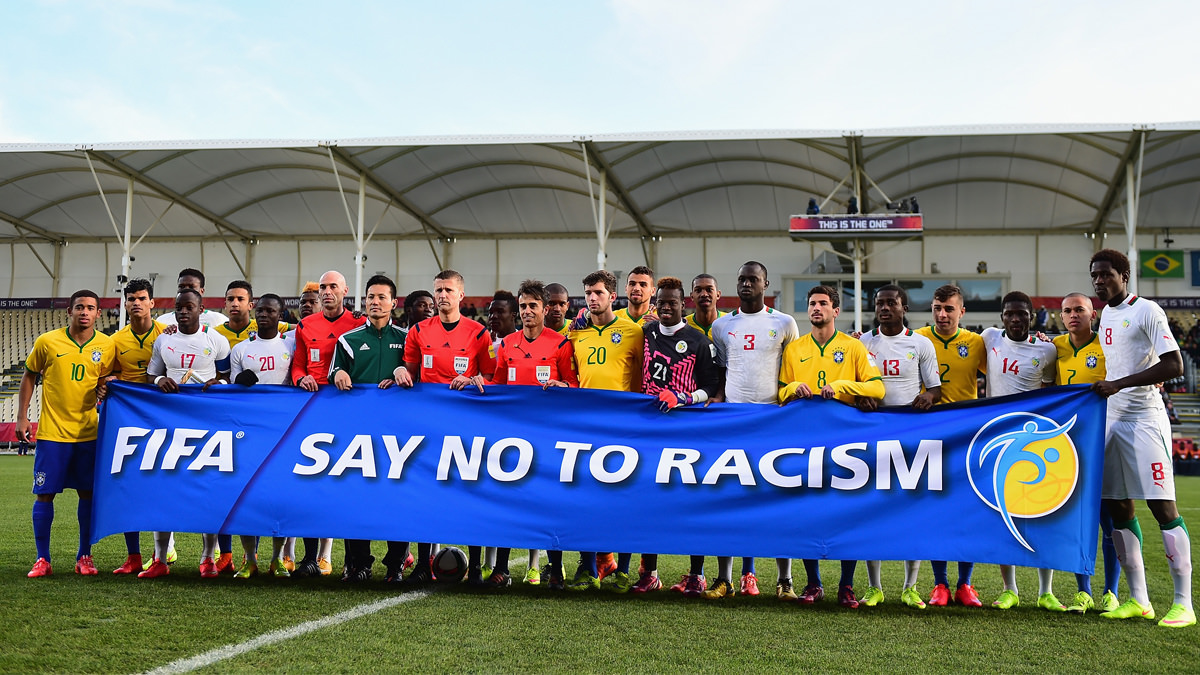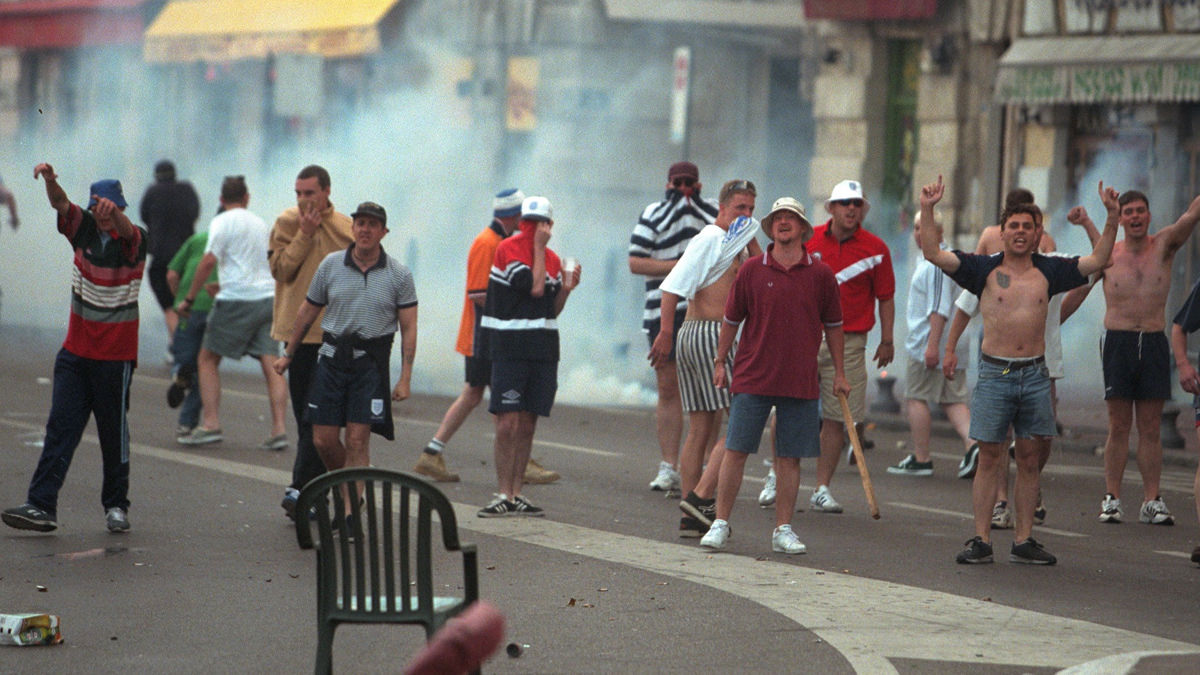
Racism and hooliganism are being driven out football, which is a dominant sport in Europe with many people playing, playing e-sports versions, watching, a placing bets on each and every week. The efforts to eliminate the vices among sportsmen and women look to be overly successful, still a few instances keep popping up on and off the field. Off the field, the situation still does has some ‘booze’ fueled instances spinning to violence among fans. Racism is more common in football compared to other sports and black players are the target in most cases. FIFA as the governing bodies have been exploring serious steps to manage these issues. There are four ways exploited in this article that can help address these issues.
1. Act on the ban: to be fair to everyone, FIFA should take banning players and fans found guilty of racial abuse the ultimate punishment. An athlete who hopes to make a career out of the sport should understand that the prize for racial abuse would affect their football profession. Through this approach, players will respect each other on and off the pitch. In the past, FIFA has dealt with violent misconduct among soccer players in serious terms, and that has seen an improvement in discipline among players.
“For soccer clubs banning their fans from attending live matches will hurt their finances and that is one way of making sure a the fans shun hooliganism and racism. The impact of this move is that clubs will reciprocate in their own way by monitoring their players and fans.” – England supporter James Styles.

2. Fines on Club and Player: other than a ban on a player and club fans, the governing body can explore a fines system that forces clubs to consider pursuing the culprits on their own. For example if a player is guilty of the offense, they will face a fine, and asked to make a public apology before they can resume playing again. This process serves to make the culprits experience the taste of humiliation and help them realize why it is disrespectful to treat and racially abuse others. Currently, a player guilty of the misconduct is fined a small amount. However, due to the nature of contract players enter the intent of making them responsible is not realized because the fines cause no pain. With fines on club and player, the pressure on the two parties will eliminate the vice efficiently.
3. Reduce FIFA term limits: the inefficiencies that face the football governing body is associated with its directors becoming too comfortable, and overlooking their responsibilities. Apparently, corruption has been the difficult item facing the body and although it is undergoing rejuvenation, it is easy to note the challenges of staff outliving their importance. Subjects like term limits should be reduced to a maximum of four years for the president. Through this approach, the body will focus its energy on critical issues like racism in the sport over succession politics. Overstaying in the organization gives room for rent-seeking behaviors among the senior staff and that makes fighting racism in football a thorn in the flesh. Shorter terms make leaders in the organization active in their push for the realization of these goals.
4. Empower match officials: match officials should be given the full authority while officiating a match to send indiscipline players out of the match. Evidence of racial slandering in the pitch should be brought to the attention of the referees, and the referees should act promptly by ordering the culprits out of the field. While the concern is that such actions will tilt the results of the match, players will learn to take care of their main business without demeaning others. In the event of hooliganism, referees should have the power to call the match to an end and decide on who takes full points based on the side that causes chaos. This step has been successful on many occasions when it comes to taming hooliganism and invasion of the pitch except for consistency among referees.
Comments